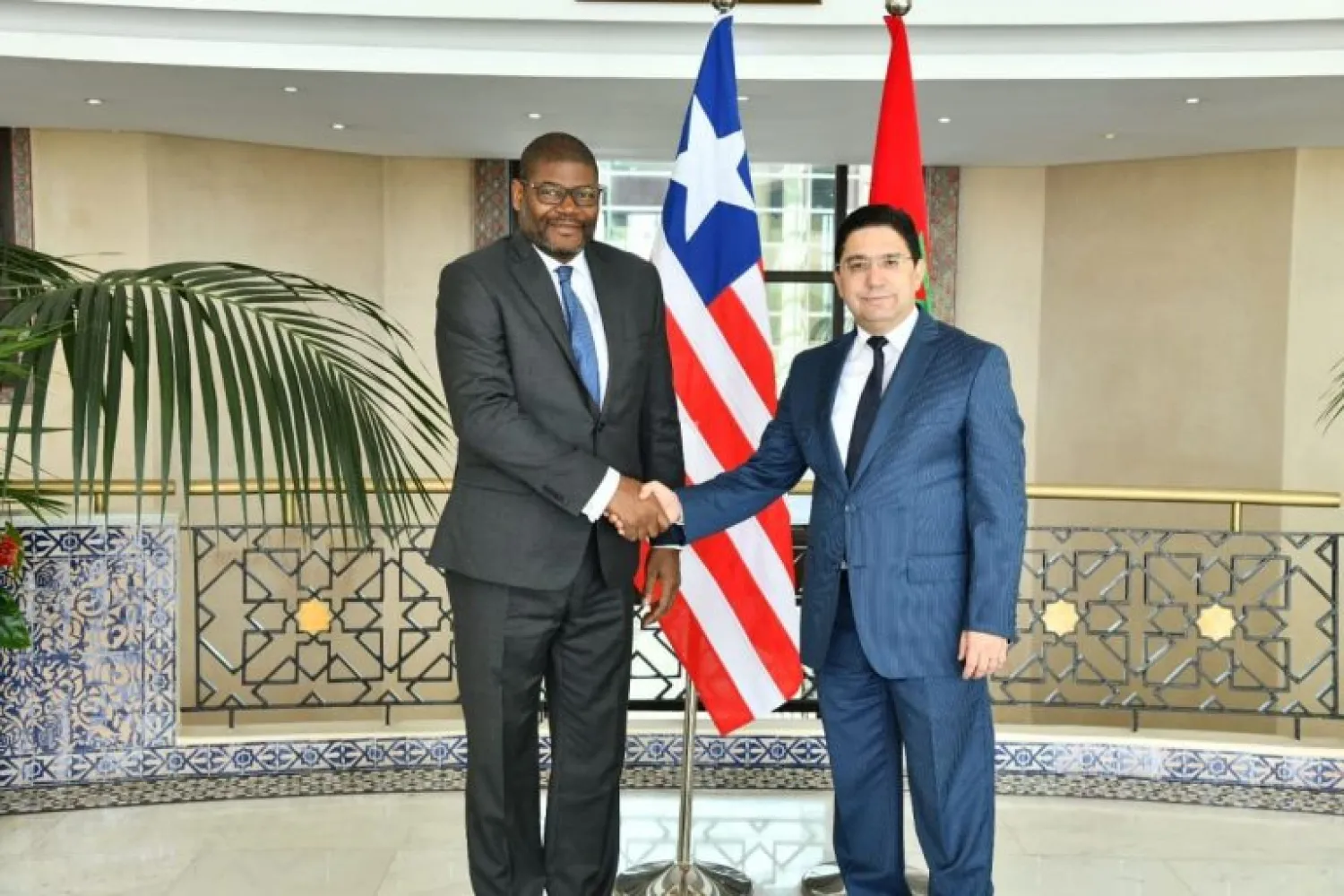Libyan Minister of Foreign Affairs and International Cooperation Abdul-Hadi al-Hawaij has said that Libya wants to benefit from Morocco’s experience in the field of reconciliation, recalling that the Equity and Reconciliation Commission has made it possible for the Kingdom to address past human rights violations.
Hawaij arrived in Rabat on Friday carrying a message from Speaker of the Libyan House of Representatives Aguila Saleh to King Mohammed VI on the Libyan crisis developments and the leading role Morocco can play in finding a solution.
In a press statement after delivering the message to Morocco's Foreign Affairs Nasser Bourita, he said: “We are advocates of peace and dialogue and we extend our hand to all like-minded people in order to put an end to the chaos, within a framework of national harmony, backed by an equitable distribution of wealth.”
“We intend to persevere on the path of dialogue,” he said, adding that “Morocco is capable of playing a leading role in resolving the Libyan crisis.”
The Libyan FM commended “the support, farsightedness, and leadership” of King Mohammed VI at the regional, African and international levels. Morocco has “no other interest than the security and stability of Libya,” Hawaij said.
The envoy said that his meeting with Bourita also focused on the creation of a Morocco-Libyan economic forum.
Further, Bourita met with Liberian Foreign Minister Gbehzohngar Findley in Rabat who is on a business visit to Morocco currently.
Morocco and Liberia have regular contacts and permanent exchanges on the means to promote cooperation, Bourita said in a press briefing after the talks. A multidisciplinary Moroccan mission will be sent to Liberia to explore areas of bilateral cooperation, particularly in the fields of vocational training, energy, and agriculture, he added.
The two countries have agreed to further strengthen their coordination at regional and international organizations, the Moroccan FM added.









